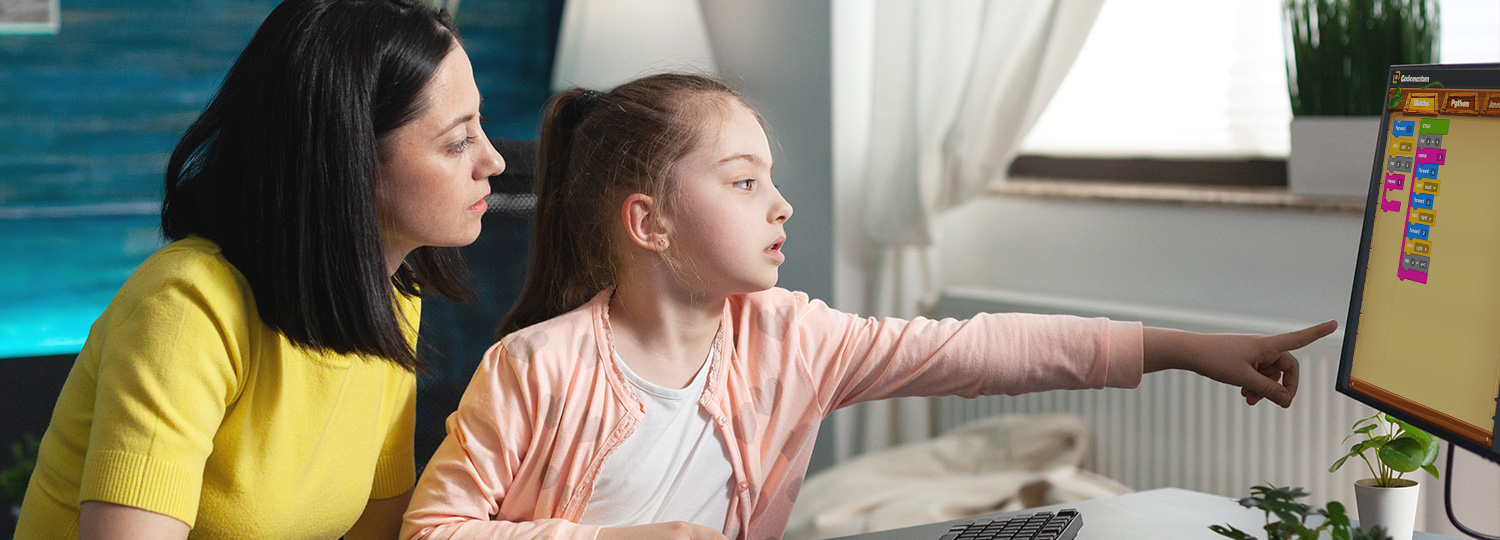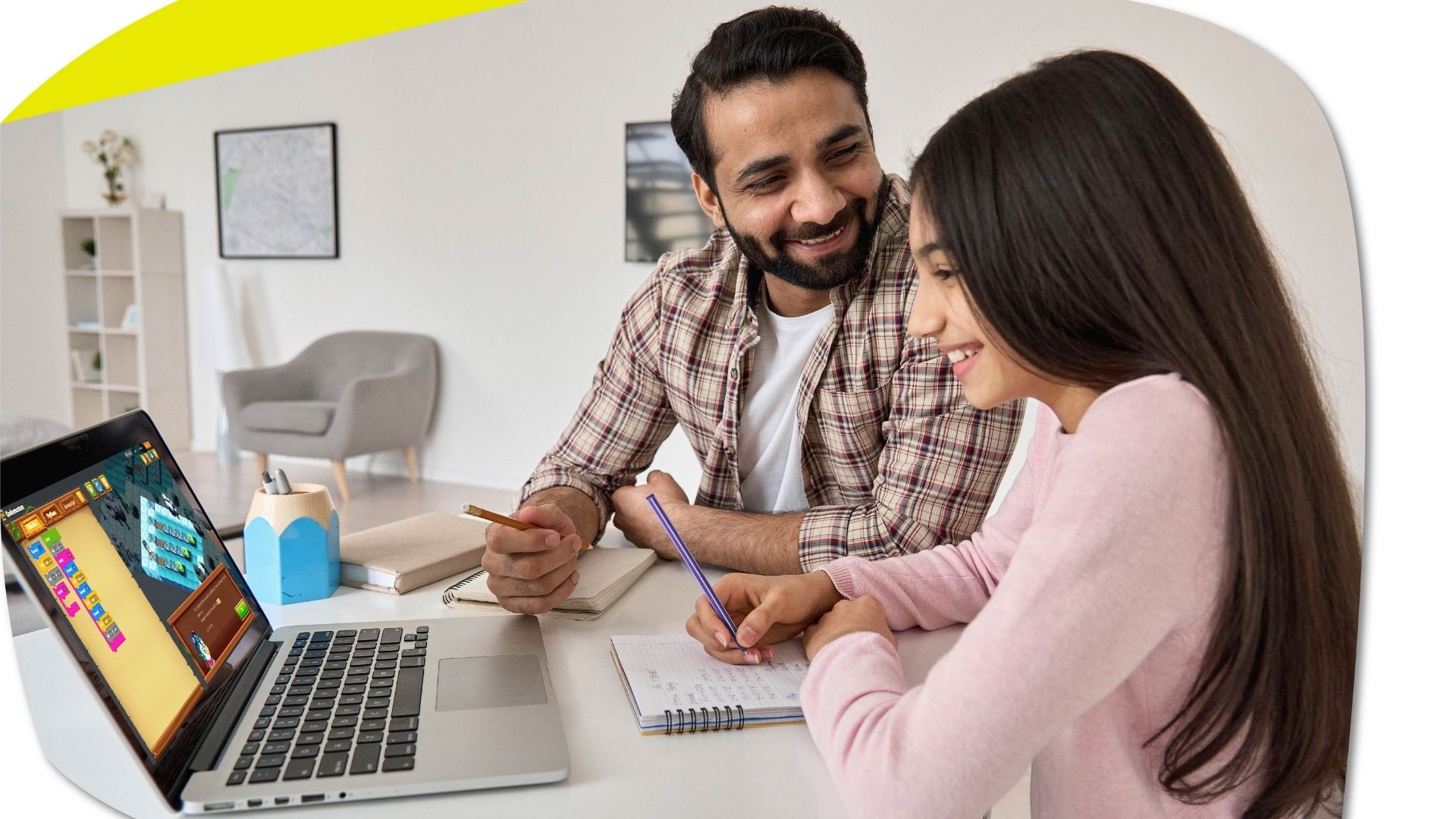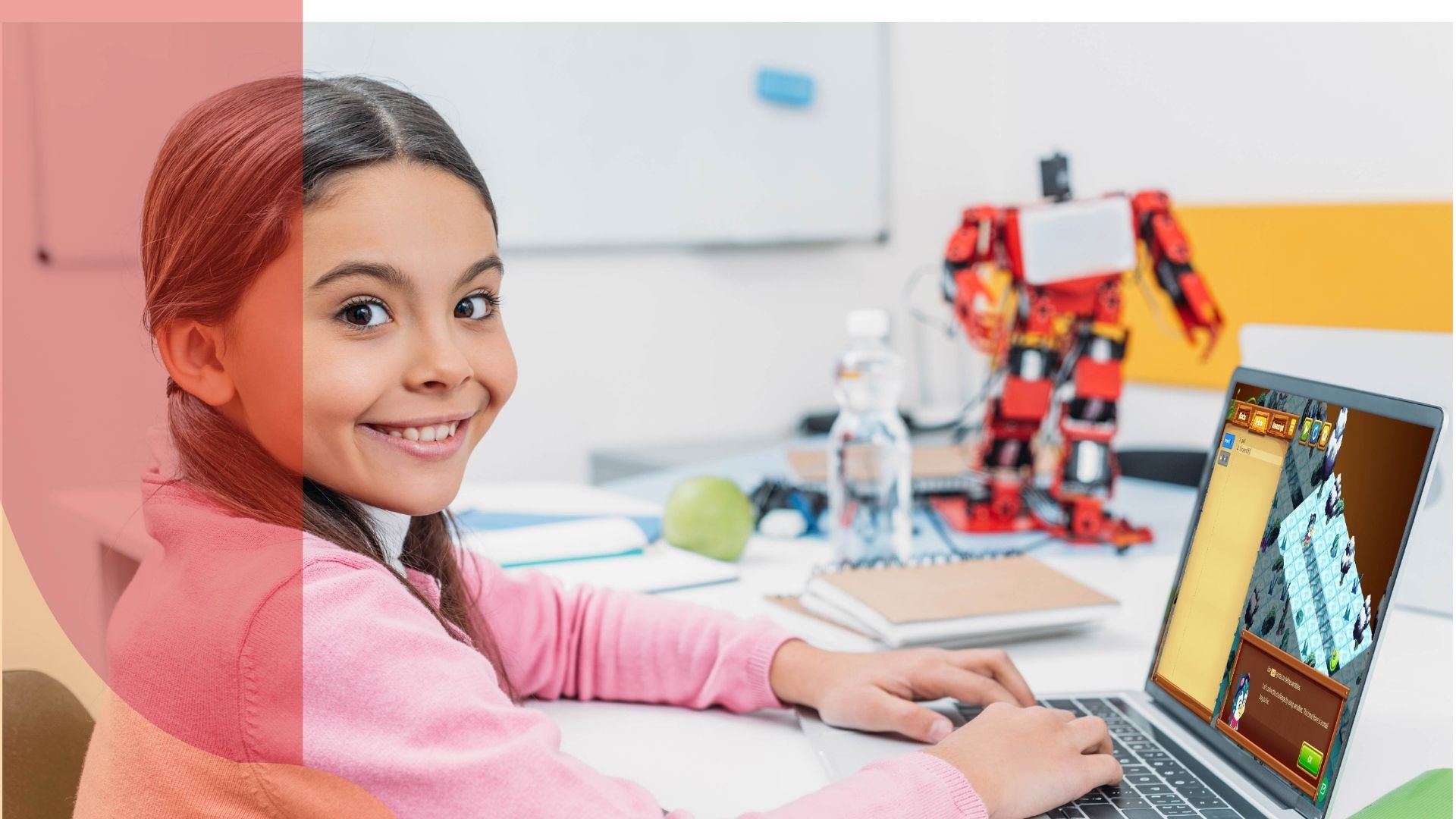
21st-Century Skills
Why is learning to code important?
Programming is the way of the future. It influences and innovates every aspect of our lives. Now more than ever, it’s crucial that kids become digitally literate and that they understand the devices they use daily. Learning to code is empowering. It gives kids the tools to bring their ideas to life, express themselves, and provide many options for their futures.
Politicians, educators, and parents alike agree that learning to code provides endless benefits to kids. In fact, the majority of states in the developed countries have adopted some variations of policies in the Computer Science curriculum.
What skills does coding develop?
In the digital age, programming is basic literacy. It’s a 21st century skill important to and deeply ingrained in every industry. But programming isn’t just about communicating with a computer – it’s also about learning how to think. Kids gain important academic and interpersonal skills as they learn to code. A few of those skills include math and writing skills, as well as creativity and confidence. Kids even build soft skills such as focus, resilience, and communication.
How Coding Develops 21st-Century Skills
As our world rapidly changes, it’s important that kids develop the skills to thrive in our digital society. When kids learn to code they gain important technical skills that could lead to a career in the future or inform the path they take. But coding is not just about earning potential jobs and job security. It is also about all of the crucial life skills kids can develop as they learn to code!
Coding fosters important 21st-century skills for students, preparing them for whatever the future has in store. The best part? Learning to code can be easy – and fun! There are dozens of exciting coding solutions, from online courses or apps to in-person instructions.
What are 21st-century skills?
21st-century skills are a skillset thought to be crucial for children in our changing world. These include problem-solving, digital literacy, collaboration, and more.
Creativity
Kids develop and exercise their creativity as they learn to code. Programming gives kids the technical tools to see their ideas through to completion. This enables them to bring their creative ideas to life! Codementum provides development environments where kids create their own unique projects.
Confidence
Learning to code is a great confidence builder for kids and combines technical knowledge with creativity. Both of these are excellent for developing confidence Kids feel great when they are able to learn and grasp a coding concept, and even better when they bring that knowledge to life with a hefty dose of creativity!
Communication
When kids learn to communicate with a computer, they improve their communication skills with people. Communicating with computers requires logical, well-organized communication. Learning to think and communicate in this way can boost kids’ interpersonal communication skills, too!
Critical Thinking
Coding helps kids understand cause-and-effect relationships and make strategic decisions based on this knowledge. When programming, kids must consider all the blocks or commands that could fit in the code. From this, kids can use critical thinking skills to decide what fits best!

Coding builds soft skills
Soft skills are characteristics that enable a person to interact well with others. They underlie every aspect of life, from work to play.
Empowerment
Kids are perceptive – they’re paying attention to the world around them. When they learn to code they give themselves platforms through which they are able to amplify their messages.
Focus and Organization
Focus and organization are key skills to any endeavor, but especially to coding. When kids learn to code, they take the time and energy to dive into code. They discover what it means to be focused. Whether kids eventually decide to pursue coding as a career or not, the focus and organization they learn through coding will take them far.
Resilience
Resilience is key to coding (and life) and it’s no secret that coding can be a frustrating task. Between planning, coding, and debugging, it can be hard to stay patient and motivated to finish the task at hand. However, when learning to code is fun, it’s much easier to retain a sense of determination! When kids learn to code in an engaging way, they are invested and develop the crucial skill of resilience.

Coding builds academic skills
Academic skills are traditional skills that are taught in school. For example, math and writing!
Math skills
It's no secret that maths and computer science are inextricably linked. Some people believe that anyone interested in learning to code should have strong math skills, but the reverse may also be true. The process of learning to code can help make math more fun! Coding helps kids visualize abstract math concepts that can be hard to grasp otherwise. They’re also able to apply the computational thinking skills they learn through coding to their math problems. The logic, organization, and analytical skills involved in computational thinking are very useful when it comes to maths.
Writing skills
It may come as a surprise, but learning to code can help improve writing skills! When kids learn to code, they practice concision and planning skills. Learning to code – especially through coding creative story-based projects – helps kids practice taking an idea through to completion.




